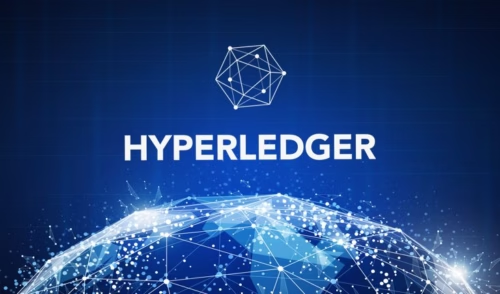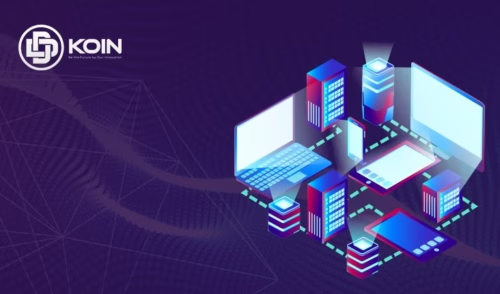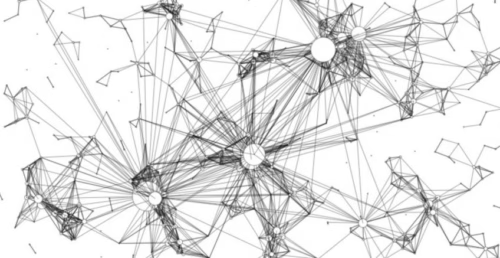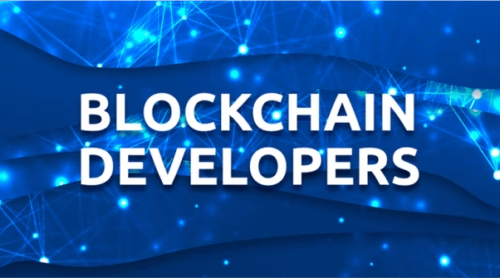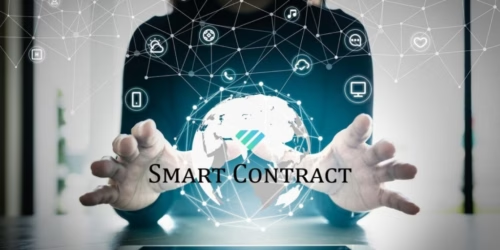Top 12 Expert Blockchain Developers to Hire in 2025
At DevTeam.Space, you'll find a curated network of senior blockchain developers who have delivered complex Web3 and enterprise blockchain solutions across industries. Hire blockchain developers who are talent backed by a battle-tested development process and a commitment to long-term success.
